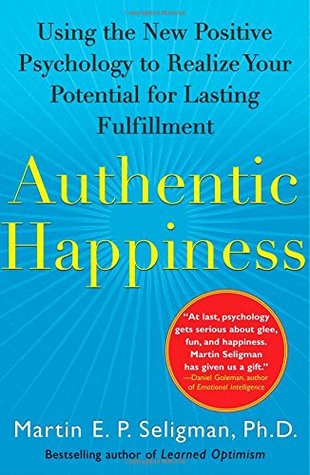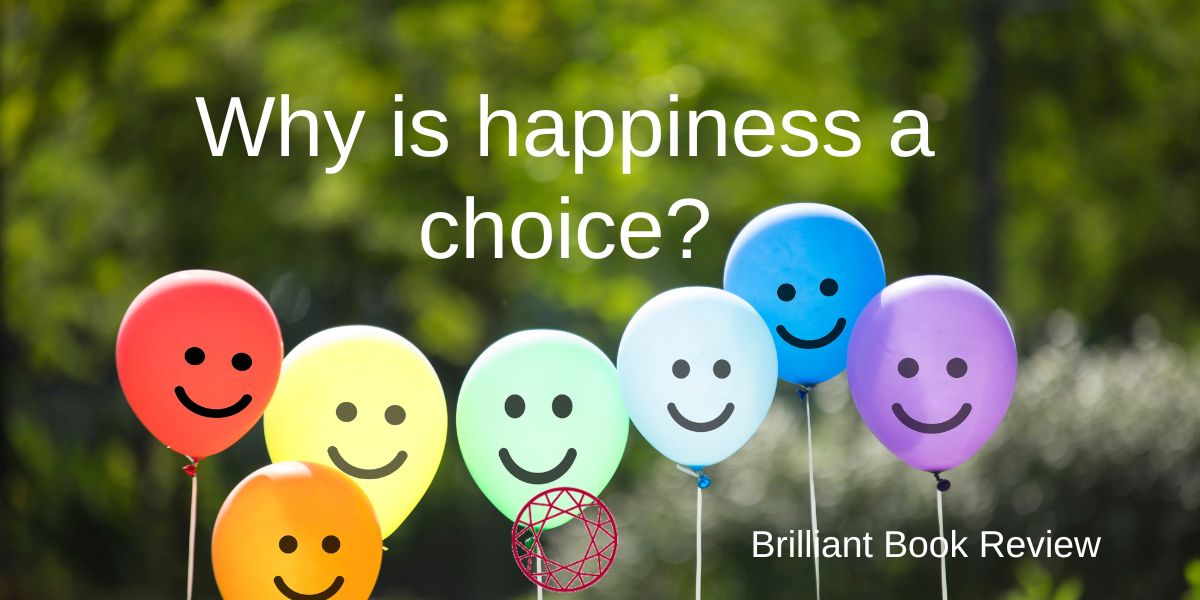Have you heard of the ‘happiness formula’ developed by Martin Seligman, one of the founders of positive psychology? Did you know that scientific studies have proved the following: be happy now, and this will allow you to become successful – and not vice versa? Learn why happiness is a choice.
Happiness is a choice because you can anytime decide where you focus your attention to. You also have a choice about what is in your ‘circle of concern’, according to Steven Covey, author of The Seven Habits of Highly Effective People. Check out his First Habit: Be proactive.
The more congruent your circle of influence is with the things you are concerned about and want to change, the greater your chances of success.

The Happiness Formula
According to Martin Seligman’s ‘Happiness Formula’, there are three aspects of what sum up your happiness:
(1) The empirical findings clearly show that every person has some baseline mood. This biological heredity appears changeable but relatively minor (10-15 %).
(2) Secondly, factors of our environment and circumstances, such as income, health, family, and social life, impact our well-being, but they are not always easy to influence.
(3) We have, however, significant power and flexibility regarding aspects related to our will, beliefs, attitudes, and habits of thinking, speaking, and acting consciously and unconsciously.
Why is happiness a choice?
 In his book Authentic Happiness, Seligman explains that there are three things you can always influence:
In his book Authentic Happiness, Seligman explains that there are three things you can always influence:
- your satisfaction with the past,
- your optimism for the future and
- you can create happiness in the present.
And remember: if you want to be successful, you must be happy first.
How to create happiness in the present?
There are many possibilities:
(1) Treat others the way you want to be treated.
(2) Become aware of which thoughts, words and deeds you are performing habitually that are not contributing to your well-being and happiness.
(3) Words are powerful. The words you utter are in between your thoughts and your physical actions. The more conscious you are of your speech, the more you can choose what you say, impacting how you feel.
(4) Cultivate positive feelings. Practice thoughts and speech about appreciating beauty, gratitude, or kindness. This will enhance your well-being in the world.
And sometimes, changing small things can have huge impacts…

Your turn now
Ask yourself: What kind of speech do I often have in a specific context that I want to change?
For example, criticise your brother’s behaviour when you talk to your mother (observe how you feel when you do something like this the next time).
Or, on the contrary, what kind of words would I like to utter more often towards a particular person?
For example, tell your brother how much you care and love him (and by the way, this may be partly why you criticised him in the first place…).
Please share this article with your friends using the buttons below. Thank you!
This article was written in 2014 and last updated in March 2023





Ernst
It is all about paying attention to pleasant things, particularly if you start to feel uncomfortable. There is only so much your mind can do. If you keep it busy with being happy, there is no more space for the other stuff.
Patricia Mauerhofer
Yes Ernst, thank you for this remark. Where and how we direct our attention and focus is key to so many things AND such a powerful way to feeling better.